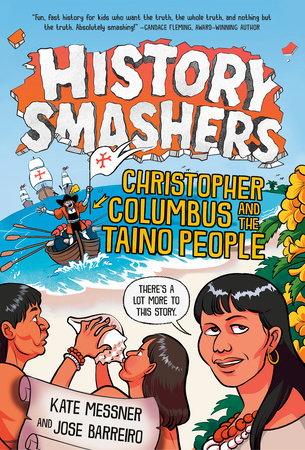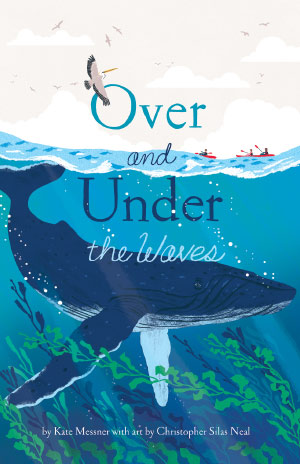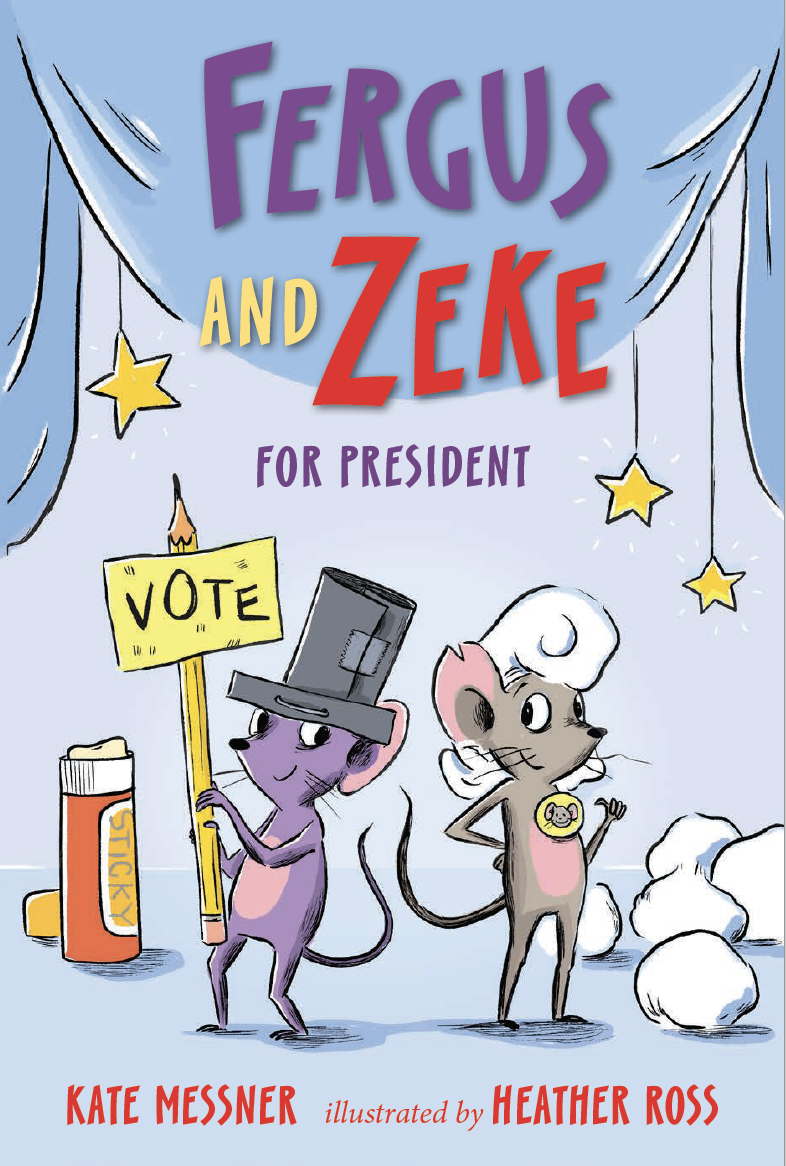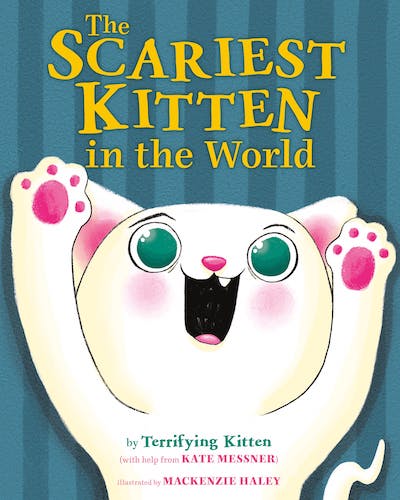Good morning! It’s Friday Feedback day over on Gae’s blog, and today we have guest author Ammi-Joan Paquette visiting to talk revision. Joan is the author of a pile of books, from picture books to novels, including the latest in her Princess Juniper series, PRINCESS JUNIPER OF THE ANJU.


Into the Revision Tub We Go!
By Ammi-Joan Paquette
Over the past few weeks I’ve been thinking a lot about revision. It’s sort of a love-hate relationship we have with this magnificent beast, isn’t it? (Hopefully that’s not just me!)
Quite honestly, I’ve always been more of a drafter. There’s something about the tangible heft of plowing through a first draft that satisfies my deepest writer-urges. (Or maybe my neurotic hyper-organization tendencies!) When you’re drafting, you always know where you’re at. Daily progress? 1000 words = great! 2000 words = awesome! 50 words = . . . um, points for showing up?
But revision is kind of like being in a bathtub with an octopus. You’re never 100% sure who’s scrubbing who’s back and whether by the end of the session you’re going to end up cleaner than when you started. (On the plus side, you’re probably getting some great sensory research in.) So revision and I have something of a patchy history.
But as I’ve worked my way through the Princess Juniper series, I’ve come to realize how important revision is, and how strongly I rely on it. The truth is: I love drafting, but my drafts are downright sloppy. At that stage I’m basically just churning out the raw plot. The end result is a quivering mash of around 35-40,000 words. There is no time when I am not deathly afraid that this draft will be the one that doesn’t come together. I thought it when drafting Princess Juniper of the Anju last year, and I thought it while drafting the third and final installment in the series, Princess Juniper of Torr, several months ago.
Each and every time, though, the messy draft is followed by a headlong dive into that ol’ revision bathtub. And gradually I’ve come to realize something: Revision really is where the magic happens. Drafting is rush and wonder and discovery; but revision is craft. Revision is where you pull out the magnifying glass and examine every aspect of your story. Characters? Deepen. Arcs? Launch. Stakes? Heighten. Language? Smooth. Voice? Enrich. And that (long, effortful) process brings a deep satisfaction all its own.
I’ve also learned to work within my own constraints. I am the type of result-oriented author that needs a tangible roadmap for creation. With drafting that’s a measurable word count. With revision, I’ve learned to make (what else?) a to-do list. All through the early stages, I keep a document open where I jot down anything I can think of that I want to follow up on later. When my critique partners send along notes; when my editor comes back with comments; when I begin my own read-through and start seeing blank spots. One by one by one, they all go on my list. During my recent foray into Princess Juniper of Torr, my revision to-do list capped out at 94 bullet points.—Everything from “show father’s reaction to Juniper’s short hair” to “add more emotion to her return home” to “build up the climax to give it more punch.” It’s all measurable, it’s all exciting, it all becomes immensely doable.
A couple months ago, book #2 in my series hit the shelves. Princess Juniper of the Anju first saw the world as a cluttered, messy, abbreviated draft. It’s now 62,773 words long, and just as rich and layered and satisfying as I have been able to make it. It’s far from perfect, I’m sure, but having gone down all my checklists and satisfied all my criteria (not to mention innumerable read- throughs), I can ultimately say that my wet tangle with the revision monster was worth it. And if I left the bathtub with a tentacle or two more than I went in with—who’s counting?
Happy revising, all!





Good morning and thanks for sharing. I too have. Love hate relationship with revising but I have also come to realize how freeing revising is. I can just \\\”go for it\\\” when I do my first draft knowing I can revise it later and that\\\’s encouraging. Best wishes!
Yes! It’s liberating, isn’t it? Wishing you all the best on your draft!!
Thank you for this. It resonated with me. I just finished a draft and like you I love word counts and the sense of accomplishment it provides.
Thanks to you, I now have a strategy I can use to dive into revision that just might work for me. I like lists and your octopus metaphor!
Thank you!
So glad the post was helpful — and congrats on finishing your draft! That’s a huge hurdle now behind you 😀
This is so interesting, Joan, because as a type-A sort of person (and a former editor), I vastly prefer the nuts-and-bolts work of revision. The uncertainty of drafting is terrifying for me. Which might be why I’ve been stuck at 100 pages in my next YA novel. What do you when you get stuck in the drafting process? Do you outline or figure it out as you go?
I am a super list-based writer. So when I get stuck I go back and tinker with my outline, try to hash out the problem at a macro level and that tends to unstop me at the writing stage. I’m not a fan of uncertainty either, I guess, just to me revising feels more that way for some reason 🙂
Love reading about your revision process! I’m right in the middle of my own hot mess so it’s a nice reminder that it’s a shared suffering and part of the process. Now, to create a to-do list! Thanks!
The answer to all life’s problems!!! 😀
Thanks I will definitely share this with our writing center students. Thanks!
You’re very welcome, and thank you for sharing 🙂
I love the octopus analogy! I have to confess to enjoying revision, to being thrilled when critique buddies rip apart a manuscript, and i can’t help but immediately diving into editor notes. That doesn’t mean I don’t get all tangled in those tentacles or leap out of the tub now and then! But I do need to be more organized about it, and I will definitely apply your one-doc method of putting all the feedback in one place instead of my current way of collecting overwhelming masses of marked-up papers. It’s one of those “Duh!” moments for me. Thanks so much for sharing. That octopus will keep me smiling…
Ha! Talk about revision. Started to change a line in that and didn’t get the rest erased. Revision isn’t always helpful!
Ha! I was wishing for a revision button myself when I, um, seem to have mistyped my name on my first 2 comments replies above. That darned octopus!!
We need to co-write something! You can enjoy the fast drafting and I’ll grab hold of the revision magnifying glass! 🙂
Ha! Bingo 🙂
I’m with you: I enjoy drafting more than revision. It really is hard to measure progress during revision. However, my best writing–the aha moment–always comes during revision. Thanks for sharing!
You’re very welcome – glad you enjoyed the post!
Thank you for this wonderful post on revision. Both in my classroom and with my own writing, revision is the stage that takes the longest.
As a teacher, I teach many strategies on revising and we engage in many different revision activities. My favorite revision activity is “Speed Revising”, which looks a lot like “Speed Dating”, but the students walk away with many helpful suggestions on their first draft (they don’t walk away with a date because they are too young to date). They have four minutes with each draft before they rotate to the next student’s first draft. At every four-minute interval break, we discuss the next aspect that they will be looking at on the first draft of the writing piece (the aspects are determined prior to the activity). The writing piece never comes out perfect, but it is quite a bit closer to perfect than before starting the activity (after they have done self revisions).
“But revision is kind of like being in a bathtub with an octopus. You’re never 100% sure who’s scrubbing who’s back and whether by the end of the session you’re going to end up cleaner than when you started.” – I LOVE, LOVE, LOVE THIS! This happens to me on a daily basis when I am revising.
Thank you again for your words of “revision” wisdom.
Happy writing (and revising)!
What a great revision idea, Andy! Those kids are learning valuable writing lessons early 🙂
Hi, Joan! Thanks for sharing your process. I definitely relate and over the years, I’ve learned to trust and actually love the revision stage because I know it is a skill and a craft, and it’s doable if you’re willing to do the work–also, very satisfying. So I manage not to panic as I used to and I actually think revision is slowly becoming my favorite part of the process 🙂
P.S. I’m currently reading PRINCESS JUNIPER OGDEN THE ANJU and loving it!
So sorry for the mistake in the title, mistyped on my phone.
Also to add, I make lists all the time, too! They really do help. I’m sure they possess special powers and everyone should try them 😉
Yes, life goes that way, doesn’t it? And thank you for the kind words about PRINCESS JUNIPER OF THE ANJU–I’m so glad you are enjoying it!
What a charming and hopeful vision of revision. Thanks you, Ammi-Joan!
Thank you, Tina!
Thanks for your thoughts! I love the line about revision being craft – it really is. However, I tend to struggle with the revise/rewrite line – how do you stop from wanting to rewrite and ultimately “drafting” over again?
That’s a tough one – I think it comes down to when I either (a) run up against my deadline/run out of time, or (b) when I find myself changing the same things back and forth to where I really know it’s gotten as far as I can get it. With that said, there are times when you can get caught in a loop of endless tinkering–recognizing that stage is a tough but important part of the process, or you can sit on something forever and never get it out! Best of luck with your work 🙂